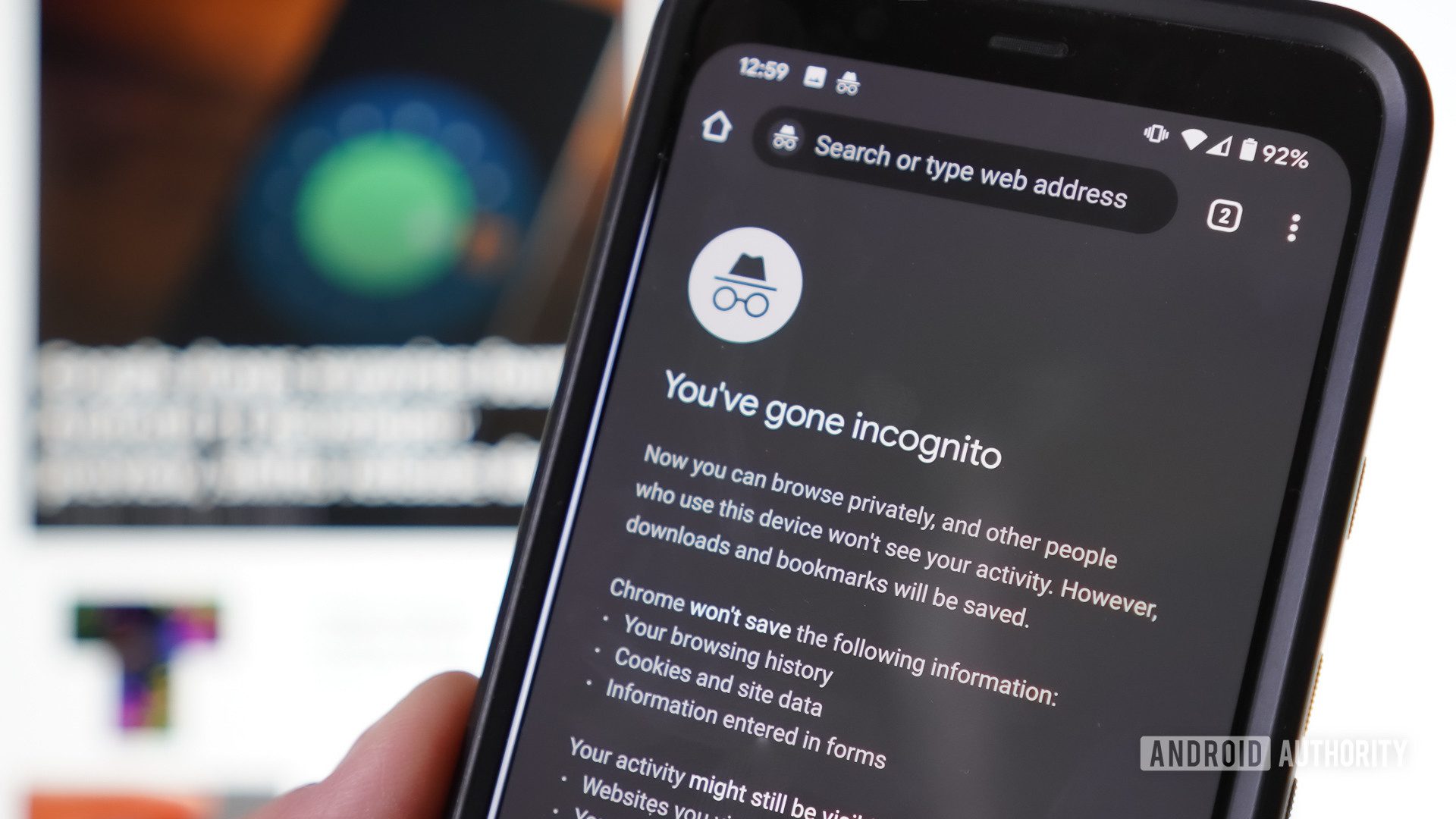Google agrees to “destroy” the data collected to settle the lawsuit in private browsing mode
TL;DR Details are now emerging from Google’s settlement of a class action lawsuit over Chrome’s tracking of users in Incognito mode. The company agreed to destroy “billions of data points” it improperly collected. Google will also update its data collection information and maintain a setting in Chrome that blocks third-party cookies by default. Filed in […]

TL;DR
- Details are now emerging from Google’s settlement of a class action lawsuit over Chrome’s tracking of users in Incognito mode.
- The company agreed to destroy “billions of data points” it improperly collected.
- Google will also update its data collection information and maintain a setting in Chrome that blocks third-party cookies by default.
Filed in 2020, a class action lawsuit alleged that Chrome’s Incognito mode did not fully protect users from tracking across the internet. In December 2023, it was reported that the tech giant had agreed to settle the dispute rather than let the lawsuit go to court. New details about this regulation are beginning to emerge.
According to a report from The Wall Street Journal, Google agreed to destroy “billions of data points” inappropriately collected from people using Incognito mode. Additionally, it will update the data collection information for the browser. The company also agreed to maintain a setting in Chrome that blocks third-party cookies by default for the next five years.
When the 2020 lawsuit was filed, the plaintiffs accused Google of intentionally failing to clarify that Chrome’s Incognito mode did not prevent user activity from being tracked. The group also claimed that Google could monitor private browsing activity and associate it with profiles of users logged into that Chrome installation.
In response to the allegations, the Mountain View-based organization argued that the splash screen you see when you open Incognito mode warns users that “incognito” does not mean “invisible.” However, Judge Yvonne Gonzalez Rogers disagreed with Google’s decision. affirmation.
Although a settlement has been reached, the process is not yet complete. Final approval still rests in the hands of Judge Yvonne Gonzalez Rogers.
Although the court did not approve the formation of a class of plaintiffs for financial damages, it does allow users to sue Google individually. The report mentions that people have already filed individual lawsuits in the state of California for privacy violations.
As for the settlement terms, Google may have already been working on implementing some changes. The company already planned to disable all third-party cookies by the end of the year. And in January, it was spotted in Chrome Canary version 122 that Google had adjusted the language of the Incognito mode disclaimer to be clearer about how the mode works. This new disclaimer added the phrase “This will not change how data is collected by the websites you visit and the services they use, including Google.” »













